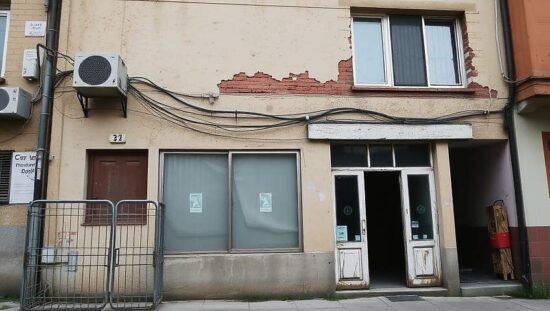A widening chasm in energy efficiency standards is emerging across Germany, exposing significant regional disparities and potentially undermining the nation’s climate goals. A recent analysis of nearly 7,000 properties listed for sale in the country’s 30 largest cities, conducted by Berlin-based firm Purpose Green and reported by “Der Spiegel”, reveals a stark contrast between West and East Germany regarding residential building energy performance.
The figures paint a concerning picture for prospective homebuyers in many Western German cities. In Stuttgart, a staggering 75% of listed properties fall within the lowest energy efficiency bands (E to H), indicating poor insulation and high energy consumption. Wuppertal and Bonn follow closely behind, with rates of 74% and 72.5% respectively. These figures suggest a widespread failure to modernize existing housing stock, leaving residents vulnerable to soaring energy costs and contributing substantially to the nation’s overall carbon footprint.
Conversely, cities in Eastern Germany, beneficiaries of substantial investment following reunification, demonstrate significantly higher energy efficiency rates. In Dresden, 70% of listed properties meet the higher standards of A+ to D, while Chemnitz and Leipzig follow with 62% and 59.5% respectively. This divide highlights the disproportionate impact of historical infrastructure investments and raises questions about the equitable distribution of resources across the nation.
“The analysis underscores the sheer scale of the renovation need in Germany” stated Tatiana Stuck, Purpose Green manager. “The fact that nearly one in every five buildings analyzed possesses the worst energy efficiency classification – H – is deeply alarming.
The findings are likely to intensify the political debate surrounding energy transition and housing policy. Critics argue that the lack of stringent regulations and sufficient financial incentives for energy-efficient renovations has exacerbated the problem. With pressure mounting to meet increasingly ambitious climate targets, policymakers face the difficult task of addressing this backlog of inefficient housing, a challenge that will require significant investment and potentially controversial policy interventions to ensure a just and sustainable future for all German citizens. The emerging regional divide further complicates this task, demanding targeted support for Western cities struggling to modernize their housing infrastructure.





